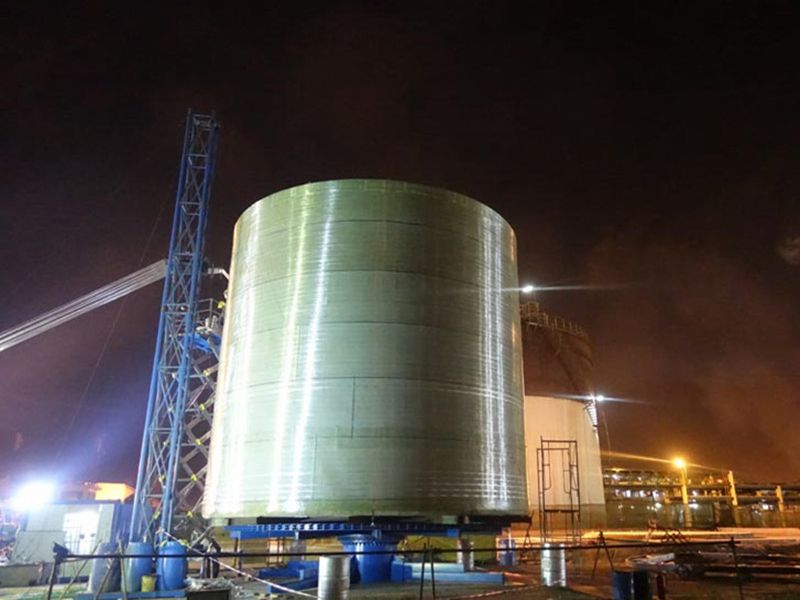
-
 Afrikaans
Afrikaans -
 Albanian
Albanian -
 Amharic
Amharic -
 Arabic
Arabic -
 Armenian
Armenian -
 Azerbaijani
Azerbaijani -
 Basque
Basque -
 Belarusian
Belarusian -
 Bengali
Bengali -
 Bosnian
Bosnian -
 Bulgarian
Bulgarian -
 Catalan
Catalan -
 Cebuano
Cebuano -
 China
China -
 China (Taiwan)
China (Taiwan) -
 Corsican
Corsican -
 Croatian
Croatian -
 Czech
Czech -
 Danish
Danish -
 Dutch
Dutch -
 English
English -
 Esperanto
Esperanto -
 Estonian
Estonian -
 Finnish
Finnish -
 French
French -
 Frisian
Frisian -
 Galician
Galician -
 Georgian
Georgian -
 German
German -
 Greek
Greek -
 Gujarati
Gujarati -
 Haitian Creole
Haitian Creole -
 hausa
hausa -
 hawaiian
hawaiian -
 Hebrew
Hebrew -
 Hindi
Hindi -
 Miao
Miao -
 Hungarian
Hungarian -
 Icelandic
Icelandic -
 igbo
igbo -
 Indonesian
Indonesian -
 irish
irish -
 Italian
Italian -
 Japanese
Japanese -
 Javanese
Javanese -
 Kannada
Kannada -
 kazakh
kazakh -
 Khmer
Khmer -
 Rwandese
Rwandese -
 Korean
Korean -
 Kurdish
Kurdish -
 Kyrgyz
Kyrgyz -
 Lao
Lao -
 Latin
Latin -
 Latvian
Latvian -
 Lithuanian
Lithuanian -
 Luxembourgish
Luxembourgish -
 Macedonian
Macedonian -
 Malgashi
Malgashi -
 Malay
Malay -
 Malayalam
Malayalam -
 Maltese
Maltese -
 Maori
Maori -
 Marathi
Marathi -
 Mongolian
Mongolian -
 Myanmar
Myanmar -
 Nepali
Nepali -
 Norwegian
Norwegian -
 Norwegian
Norwegian -
 Occitan
Occitan -
 Pashto
Pashto -
 Persian
Persian -
 Polish
Polish -
 Portuguese
Portuguese -
 Punjabi
Punjabi -
 Romanian
Romanian -
 Russian
Russian -
 Samoan
Samoan -
 Scottish Gaelic
Scottish Gaelic -
 Serbian
Serbian -
 Sesotho
Sesotho -
 Shona
Shona -
 Sindhi
Sindhi -
 Sinhala
Sinhala -
 Slovak
Slovak -
 Slovenian
Slovenian -
 Somali
Somali -
 Spanish
Spanish -
 Sundanese
Sundanese -
 Swahili
Swahili -
 Swedish
Swedish -
 Tagalog
Tagalog -
 Tajik
Tajik -
 Tamil
Tamil -
 Tatar
Tatar -
 Telugu
Telugu -
 Thai
Thai -
 Turkish
Turkish -
 Turkmen
Turkmen -
 Ukrainian
Ukrainian -
 Urdu
Urdu -
 Uighur
Uighur -
 Uzbek
Uzbek -
 Vietnamese
Vietnamese -
 Welsh
Welsh -
 Bantu
Bantu -
 Yiddish
Yiddish -
 Yoruba
Yoruba -
 Zulu
Zulu
Durable Covers for Fiberglass Troughs to Enhance Performance and Longevity
The Benefits of Fiberglass Trough Covers
In recent years, fiberglass trough covers have gained popularity in various industries due to their durability, lightweight nature, and resistance to environmental factors. These covers offer countless advantages, making them an excellent choice for protecting valuable resources and equipment. This article explores the benefits and applications of fiberglass trough covers while shedding light on their importance in different sectors.
What Are Fiberglass Trough Covers?
Fiberglass trough covers are protective structures designed to shield open troughs, pits, or basins from debris, contaminants, and environmental factors. Made from a composite material combining glass fibers and resin, fiberglass provides a sturdy yet lightweight solution for covering various types of troughs. These covers can be custom-made to fit specific shapes and sizes, ensuring a snug fit and comprehensive protection.
Key Advantages
1. Durability One of the primary benefits of fiberglass trough covers is their durability. Unlike traditional materials such as metal or wood, fiberglass is highly resistant to corrosion, rust, and rot. This resilience ensures that the covers can withstand harsh weather conditions, including extreme heat, heavy rainfall, and snow, which prolongs their lifespan and minimizes replacement costs.
2. Lightweight Fiberglass is significantly lighter than metals, making it easier to install and maintain. Workers can handle these covers more conveniently, reducing labor costs and the risk of injury. This lightweight characteristic is especially beneficial in applications where covers need to be removed frequently.
3. Chemical Resistance Many industries, such as chemicals, pharmaceuticals, and food processing, often deal with various corrosive substances. Fiberglass trough covers are inherently resistant to many chemicals, making them ideal for environments where spills and leaks may occur. This property ensures that the troughs remain uncontaminated and safe for use.
fiberglass trough cover

4. Customizability Fiberglass covers can be tailored to meet specific project requirements. They can be molded into any shape, size, or design needed, ensuring an ideal fit for unique troughs. Additionally, they can come in different colors, allowing for aesthetic customization that aligns with branding or safety standards.
5. UV Resistance Prolonged exposure to sunlight can degrade many materials over time. However, fiberglass is designed to withstand ultraviolet (UV) radiation, preventing it from becoming brittle or discolored. This feature makes fiberglass trough covers an optimal choice for outdoor applications.
6. Cost-Effectiveness While the initial investment in fiberglass products might be higher than other materials, the long-term savings associated with their durability and low maintenance needs often outweigh the upfront costs. Organizations can save money over time through reduced replacement and repair requirements.
Applications in Various Industries
Fiberglass trough covers are utilized in a variety of industries
- Agriculture Protecting feed troughs and water sources from contamination and wildlife. - Utilities Covering storage tanks and reservoirs to prevent contamination and evaporation. - Construction Safeguarding excavations and trenches to ensure worker safety. - Waste Management Sealing off waste collection points to prevent odors and pests.
Conclusion
Fiberglass trough covers present an invaluable solution for industries requiring robust protection for their resources. Their durability, lightweight nature, chemical resistance, and ability to be customized make them an ideal choice for various applications. By investing in fiberglass covers, organizations can enhance safety, ensure compliance with environmental regulations, and ultimately protect their valuable equipment and resources. As industries continue to evolve, the demand for effective and efficient materials like fiberglass will likely grow, solidifying its place as a leading choice for trough cover solutions.
Latest news
-
Exploring the Benefits of Top Hammer Drifter Rods for Enhanced Drilling PerformanceNewsJun.10,2025
-
High-Precision Fiberglass Winding Machine for GRP/FRP Pipe Production – Reliable & Efficient SolutionsNewsJun.10,2025
-
FRP Pipes & Fittings for Shipbuilding - Corrosion-Resistant & LightweightNewsJun.09,2025
-
Premium FRP Flooring Solutions Durable & Slip-ResistantNewsJun.09,2025
-
Premium Fiberglass Rectangular Tanks Durable & Lightweight SolutionNewsJun.09,2025
-
Tapered Drill String Design Guide Durable Performance & UsesNewsJun.09,2025









